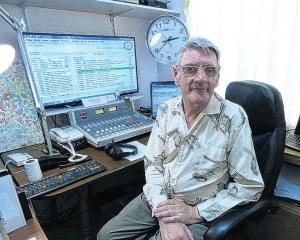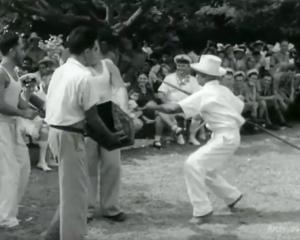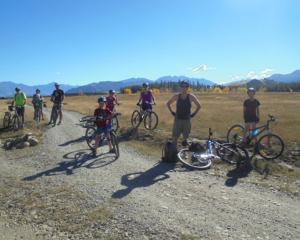
Learning that music-making is a three-sided affair made for a memorable day, Donald Cullington writes.
One day in early April 1948 - when, aged 10, I enjoyed a whole week of escorted tours in and around London with my parents - I experienced something that stays with me still. London had recovered from the worst effects of the Blitz, but austerity and ration books were still the rule, and the most exotic dish on the dinner menu of our hotel was pigeon pie.
Our days were filled with visits to all the major sights, but our evenings were free.
We saw Danny Kaye at the Palladium and Swan Lake at Covent Garden, but the event that made one day my best ever was a concert in the Royal Albert Hall given by the London Philharmonic Orchestra, conducted by Basil Cameron.
Living in rural Cheshire, I could learn no musical instrument except the piano, and had never heard any orchestra live, but my dad's small record collection of 78s - before the days of LPs - did include some Elgar marches and Johann Strauss waltzes, which whetted my appetite to hear the real thing.
So imagine the thrill I felt when - in this huge hall, filled to capacity, after an expectant hush as the conductor raised his baton - the soft opening horn solo of Weber's Oberon overture stole into my ears!
And the magic did not end there: the strings' pensive reply to the horn's invitation, the fluttering woodwind and soulful string passages that led into the passionate main theme, the other two themes (one lyrical, one dance-like) and the climactic ending, greeted with rapturous applause, all these features imprinted themselves so firmly in my mind that I still feel great affection for this piece, and sometimes even sing the tunes to myself.
At the age of 10 I had no idea of music becoming my main pursuit in life - as it eventually did - but I never lost that sense of its power to go straight to the heart.
And I dimly realised then something I can express rather better now.
Classical music-making is a three-sided affair, involving composer, performer and audience.
Playing music to oneself or listening to records at home can be enjoyable, but performing to a live audience - or joining one to hear and see a performance - adds an extra dimension.
The thousand-odd other members of that London audience were not named in the programme, but their rapt attention to the music - which obviously "sent'' them no less than me! - helped to make that day my best ever.
- Donald Cullington, pianist, organist and translator of neo-Latin.
Your best day
Tell us about your best day. Send submissions to odt.features@odt.co.nz. We ask that you don't nominate the day you were married or when a child arrived. But any other day is fine.












